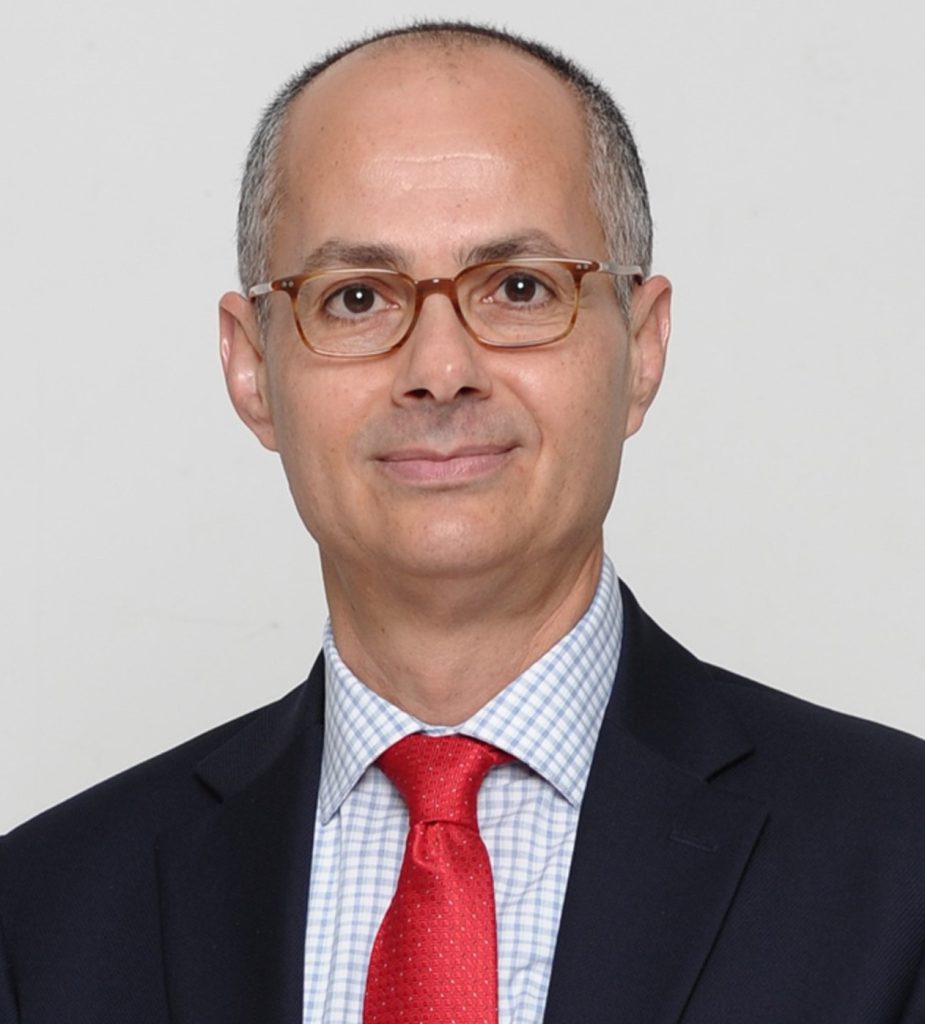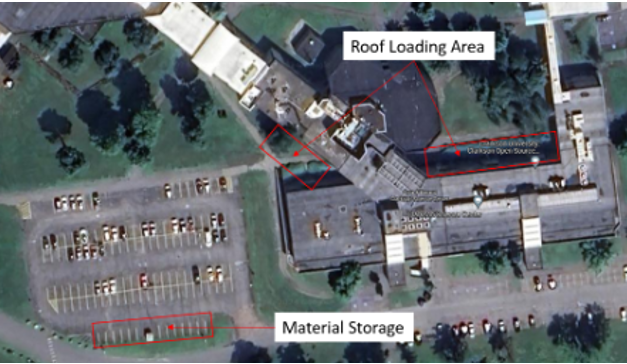
The Department of Chemistry & Biomolecular Science is pleased and excited to announce that the Shipley Distinguished Lectureship, supported by the Shipley Family Foundation, and in it’s 26th year, will welcome Professor Omar M. Yaghi, professor of chemistry at UC Berkeley, and widely known for pioneering several extensive classes of new materials: MetalOrganic Frameworks (MOFs), Covalent Organic Frameworks (COFs), and Zeolitic Imidazolate Frameworks (ZIFs). These materials have the highest surface areas known to date, making them useful for hydrogen and methane storage, carbon capture and conversion, water harvesting from desert air, and catalysis, to mention a few. The building block approach he developed has led to an exponential growth in the creation of new materials having a diversity and multiplicity previously unknown in chemistry. He termed this field ‘Reticular Chemistry’ and defines it as ‘stitching molecular building blocks into extended structures by strong bonds’. Please visit his webpage to read more about Dr. Yaghi and his research.
Professor Yaghi will offer two virtual lectures:
Thursday, April 7, 2022
Harvesting Water from Desert Air
4:30 PM ET
ZOOM Information
Abstract: There is nearly as much water in the atmosphere, at any one time, as in lakes and rivers on our planet. Almost one-third of the world population lives in water stressed regions and/or suffer from lack of clean water. We advance a solution based on MOF crystals capturing water from the atmosphere especially in arid regions at low humidity (down to 10% R.H.) and providing ultra-pure water using ambient sunlight. Laboratory and desert prototype experiments reveal that practical and energy efficient water production is possible, and that the vision of distributed, personalized, off-grid, and mobile water systems is within our reach.
Friday, April 8, 2022
RETICULAR CHEMISTRY: The atom, the molecule, and the framework
3:30 PM ET
ZOOM Information
Abstract: The covalent bond occupies a central role in building up organic molecules leading to polymers and pharmaceuticals. With the advent of metal-organic frameworks (MOFs) and covalent organic frameworks (COFs), the chemistry of the covalent bond has been extended to crystalline two- and three-dimensional frameworks. Here, organic and inorganic, as well as just organic molecules are stitched together with covalent bonds to make crystalline, porous frameworks of high architectural and chemical robustness. This opened the way to carrying out chemistry on frameworks (i.e. the development of precision chemistry beyond the molecule). The union of the covalent and the mechanical bond gives way to incorporating flexibility and dynamics into frameworks, and this provides a whole new way of thinking about materials beyond molecules. The Applications of MOFs and COFs to carbon capture and sustainability.



